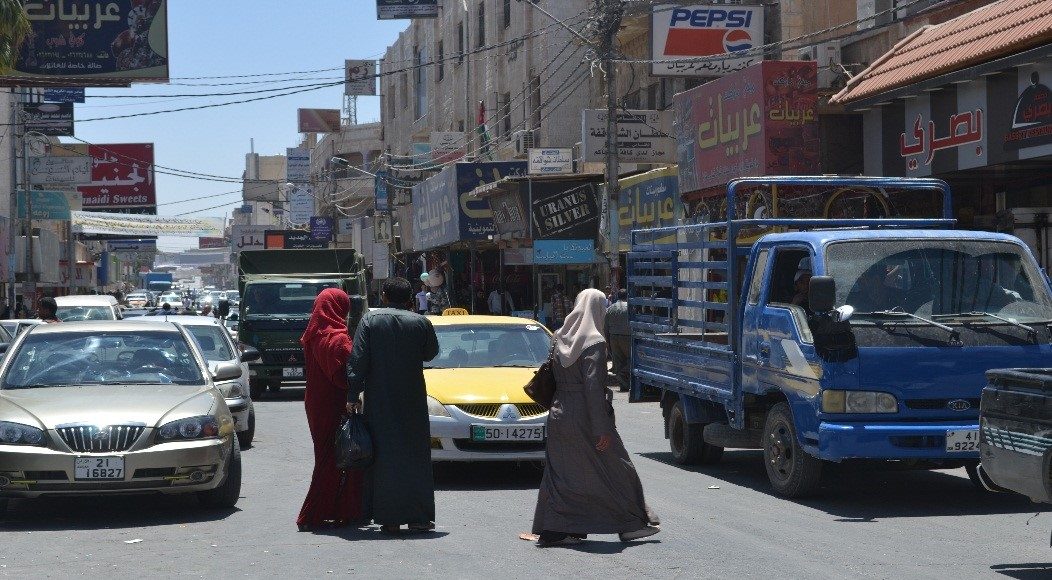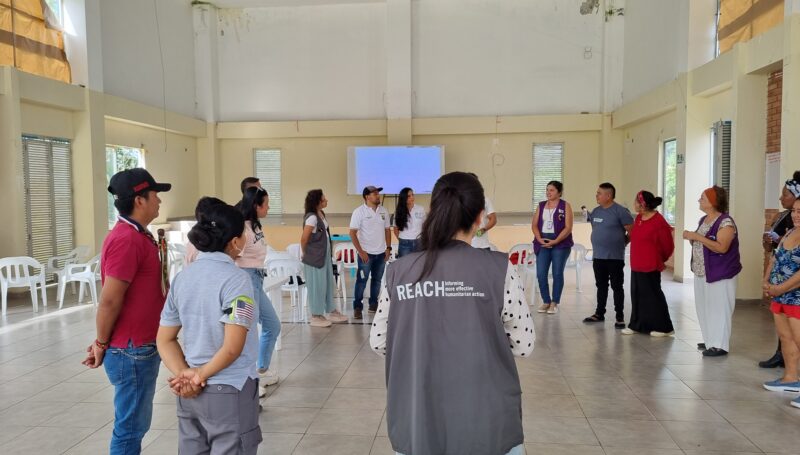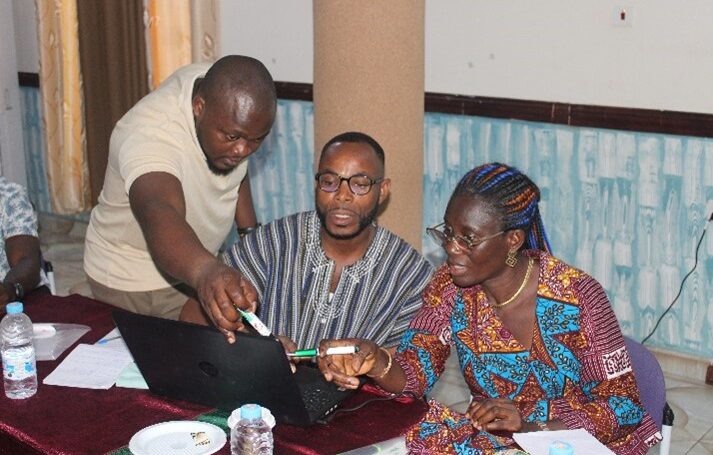At present, there are over 629,000 Syrian refugees living in Jordan, a vast majority (85%) of whom live outside formal refugee camps, in host communities. This significant population shift has increased competition for employment and shelter in the host communities as well as highlighted the pressures put on Jordan’s already overburdened resources.
Between August and September 2014, REACH, with the support of the World Bank, the Department for International Development (DFID) and the Foreign Commonwealth Office (FCO), conducted a comprehensive assessment in Northern Jordan. The purpose of the assessment was to fill key information gaps regarding the drivers of tensions in Jordanian host communities as well as gaps regarding the access to and satisfaction with service provision in three Northern governorates of Jordan. The findings of this assessment resulted in two reports: one focused on the challenges to social cohesion and drivers of tensions within Jordanian host communities, the other focused on the level of access to and satisfaction with local services in the three Jordanian governorates of Irbid, Al Mafraq and Zarqa.
An assessment of the challenges to social cohesion within host communities revealed increased job competition and the rising cost of living as two primary causes of tension reported by both communities (Syrian and Jordanian). Findings also show increased competition for existing services and the discontent produced therein to be causes for increasing tensions in the communities. For example, an overwhelming majority (76%) of the households reported discontent with water shortages as a primary cause for tensions within host communities.
The second report focused on the level of access to and satisfaction with local service provisions. Through its assessment, the report also served as a baseline study for assessing the impact of the Jordan Emergency Services and Social Resilience Project (JESSRP) which aims to strengthen the capacity of municipalities by investing in social infrastructure and supporting tangible improvements at the municipal level. Results show overall dissatisfaction among communities over local service provision, with key challenges reportedly faced in waste management and public water services. 80% of households also reported not having access to a sewer system. In sum, these findings reveal the pressures faced by local service providers and the need for improved communication between them and their constituents.
Finally, findings of both these reports demonstrate the intense pressures faced by communities and municipalities in Jordan while hosting large numbers of Syrian refugees. By identifying the primary drivers of tension within host communities as well as the pressures put on municipal services in the three governorates, national and international aid actors can improve programming to build the resilience of communities as well as the capacities of municipalities to respond to the needs of their constituents. In the coming year, with support from the World Bank and DFID, REACH will continue to monitor and evaluate the impact of the JESSRP project on local municipalities and communities, based on the findings of this first baseline assessment. Likewise, REACH continues to focus on issues of social cohesion and resilience in Jordanian host communities.
For the complete Jordan Emergency Services and Social Resilience Project Baseline Study Report, read here.
For the complete Social Cohesion in Host Communities in Northern Jordan Report, read here.
Image: The local market in Mafraq town. Al Mafraq governorate hosts the largest number of Syrian refugees in Jordan.









